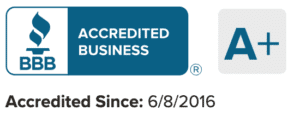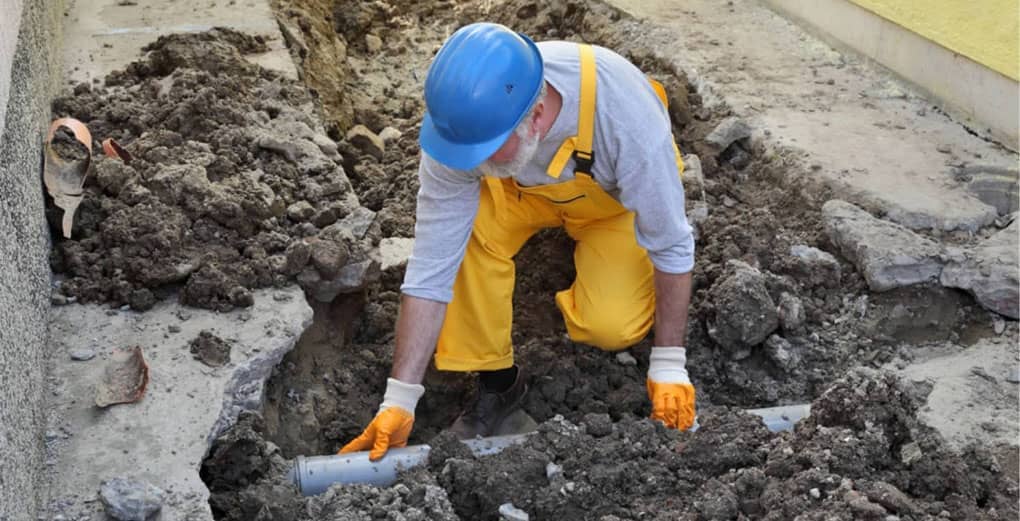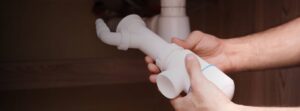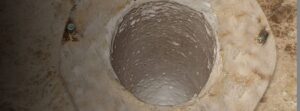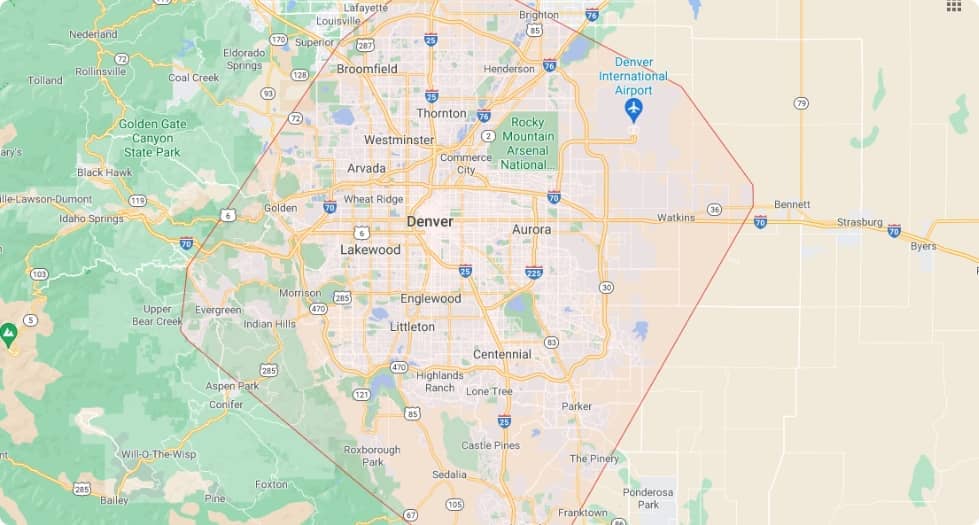People seem to think of toilets as the portal to the abyss, once something is flushed it is lost forever. However many people will remind you differently. Whether it is your local plumber, city sanitation worker, or city sewer maintenance personnel they will quickly remind you that one innocent little flush from your private throne can have big consequences.
It’s tempting to think of a toilet as a means of getting rid of paper towels, sanitary pads and “flushable” wipes, but many plumbing experts say that just because you technically can flush something doesn’t mean that you should. Items that do not break apart easily like toilet paper snag on things in the sewer pipes and catch debris eventually clogging the sewer line. This not only costs you money but also your local city’s waste division.

It turns out that many “flushable” materials aren’t actually flushable, and health and plumbing experts at the Frederick County Health Department in Maryland are warning people to keep them out of their toilets.
“I can tell you from experience that these products do not biodegrade before they catch and clog in a private sewer system,” said Roxanne Beal, a member of Frederick County’s Well and Septic Division. She said that non-biodegradable materials can become “like a pile of cement” lodged in a sewer system.
Frederick County had to deal with no less than five sewer overflows in 2013, two of which were caused by people flushing things such as personal wipes. One such overflow cost the county nearly $1,500 to clean up.
The reason why disposable wipes and other similar products cause such problems when toilet paper does not is that it tends to be much heavier. This makes moving them through pipes and into a sewer system difficult, especially when they are flushed down water-saving “low-flow” toilets. They also do not break down as quickly. Toilet paper is designed to break apart when it is flushed so that it does not plug up a toilet.
What Can Be Flushed
As a rule, the only things that should ever be flushed down a toilet are human waste and toilet paper. Some wipes can safely be flushed, but the packaging on many of these wipes often doesn’t indicate how they can be disposed of. To determine if a paper product can be flushed, put it in a container of water and shake it for one minute. If it remains in one piece, it could plug up a toilet if it is flushed.
Overall, it’s best to err on the side of caution when it comes to what should or should not be flushed. Toilets can be clogged surprisingly easily, so make sure that something really is flushable before you flush. Save yourself money in sewer repairs and also your county too!

